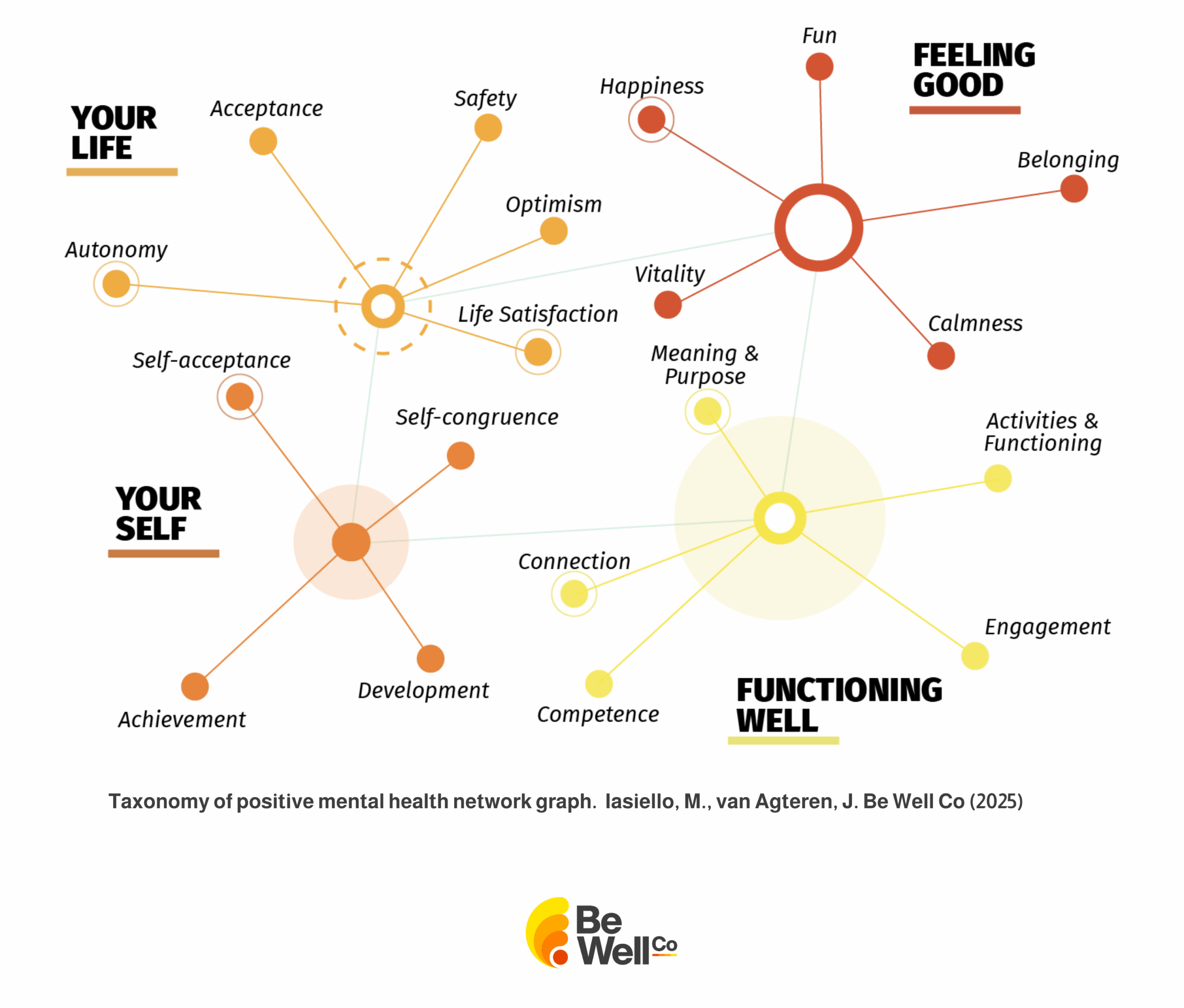What if stress isn’t the problem, but how you understand it?
Life and work stressors are inevitable. Endless to do lists, overcommitting to plans, road rage and domestic duties – all of this can add up and make us feel stressed out and overwhelmed. The thing is though – a bit of stress isn’t necessarily a bad thing. In the right doses, stress can even be helpful. It can sharpen focus, increase motivation, drive performance, and build resilience. But when our stress becomes constant, chronic, and unmanaged, things can start to unravel.
Languishing, disengagement, decision fatigue—these aren’t just buzzwords; they’re red flags. The research is clear: chronic stress impacts cognitive function, lowers productivity, and costs businesses billions in absenteeism and turnover. When stress is ongoing without effective coping strategies, it can lead to a state of languishing—feeling stuck, unmotivated, and unable to thrive. So, the real question isn’t how do we eliminate stress?—because stress is unavoidable, and sometimes useful. It’s how do we get better at handling it?
Understanding the stress response
Stress isn’t just a “mental” issue—it’s a full-body response. When triggered, your brain releases cortisol and adrenaline, shifting you into fight-or-flight mode. People either want to move away from the thing that is causing them stress (flight) or approach it and defend against it (fight). Some stress is normal, expected, and healthy – but if the stress response stays switched on, it starts wreaking havoc—affecting your immune system, metabolism, mood, and decision-making, and leading to physical and psychological problems.
The good news? You can train your stress response just like any other skill. Recognising triggers, understanding personal stress habits, and applying practical coping strategies can mean the difference between thriving under pressure, and languishing under prolonged stress.
The workplace impact
We all have different thresholds for stress, but workplaces that ignore the impact of stress altogether create environments where high achievers quietly struggle, and top talent walks out the door. Managing stress isn’t just a “wellbeing initiative.” It’s a business strategy.
When teams know how to manage stress effectively, they:
- Make better decisions
- Work more efficiently
- Stay engaged and motivated
- Are more loyal and productive
- Reduce absenteeism and turnover
Practical ways to build a stronger srtess response
Stress management isn’t about “relaxing more” (because let’s be honest, this isn’t always realistic). It’s about making small, strategic adjustments to how we react to pressure.
Here are some proven strategies:
- Know Your triggers – Identify the stressors that throw you off balance.
- Get Smart with time management – Prioritise tasks and set realistic deadlines.
- Become a mindfulness master. Using mindfulness strategies such as the 5-4-3-2-1 Method can help you reset your brain and reduce stress.
- Breathe with purpose – Slow, deep breathing activates the body’s relaxation response.
- Support networks matter – Whether it’s peer support or professional guidance, talking helps.
Visit our wellbeing workshops page to get in touch or learn more about the workshops.
Want to Read More?
 Wellbeing, Workplace
Wellbeing, Workplace
Creating psychologically safe teams
Why Psychological Safety matters and how we build it together Based on Be Well Co’s “Psychological Safety for leaders” workshop Psychological safety has become one of the most important foundations of healthy, high-performing teams…. 18 Nov 2025 Wellbeing, Workplace
Wellbeing, Workplace
What does wellbeing that actually works (at work) look like?
Last week’s Fruit for Thought live in Adelaide: “Wellbeing that works across sectors” brought together leaders from finance, correctional services, and sport to unpack that question we all need to sit with. From the… 14 Oct 2025 3 min read Wellbeing
Wellbeing



